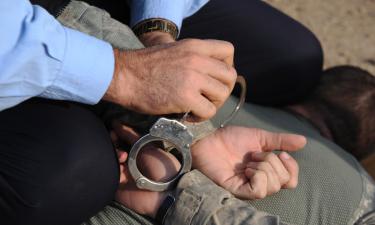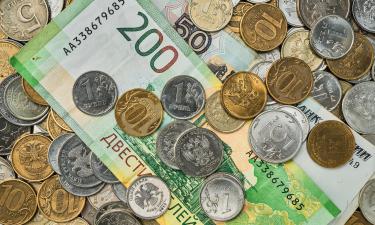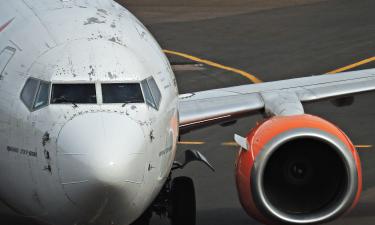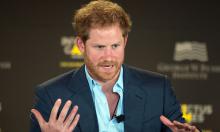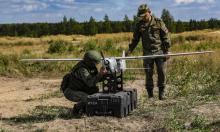Education to promote Russia's competitiveness
Russian Prime Minister Mikhail Fradkov said at a meeting with the rectors of the leading higher education establishments of Russia on Friday that the Russian educational system must promote the country's economic competitiveness.
"This problem is in the focus of everybody's attention, which prompts us to look into what is going on in the Russian educational system, as well as discuss measures that will help the system promote the competitiveness of the country's economy," said Mr Fradkov.
"The system is facing a series of problems. Education is often impractical. There is also the problem of training quality, the improper number of specialists and their specialisation," said the premier.
Mr Fradkov recalled that the president had noted the importance of improving the quality of education, including of higher education, in his state of the nation address.
"We must make education more accessible, raise its quality, make entrance exams more transparent, forecast the economy's demand for certain specialists and work out an up-to-date system of education standards," the prime minister emphasised.
Mr Fradkov said a government meeting had preceded the meeting with the rectors. "The problem of education was a central issue on the agenda of the government meeting on Thursday," said Mr Fradkov. He said such meetings would hopefully be held on a regular basis.
The rectors of 20 leading universities and academies of Russia are taking part in the meeting with the premier. Besides, the meeting is being attended by Russian Education and Science Minister Andrei Fursenko, presidential aide Igor Shuvalov, Deputy Finance Minister Tatyana Golikova, Deputy Economic Development and Trade Minister Andrei Sharonov.
The education ministry has said the planned reduction of the number of higher education institutes is not due to a decline in the number of conscription deferments.
Mr Fursenko said at a board meeting of the Russian Union of Rectors last week that the inspection of private higher education establishments and state institutes' branches would be launched in September with the aim of further reducing their number.
The Education and Science Ministry has not thus far prepared a list of the institutes to be checked and a relevant schedule, according to Andrei Volodin, the ministry's press spokesman.
However, Mr Volodin confirmed that the Federal Service for Control in the Sphere of Education and Science would start inspecting the said institutes in September 2004.
"The idea is that 3,000 higher education institutes (against 680 in the former Soviet Union) cannot provide appropriate education," said Mr Volodin.
The ministry doubts that such a great number of institutes can employ enough qualified teaching staff. Besides, the number of students taking courses at the said institutes does not correspond to the required number indicated in their licenses.
Mr Volodin said the upcoming checks and the reduction of the number of institutes were not over planned deferment-related amendments to the Law on Military Duty and Military Service, which parliament was expected to consider as early as in the fall.
Subscribe to Pravda.Ru Telegram channel, Facebook, RSS!
